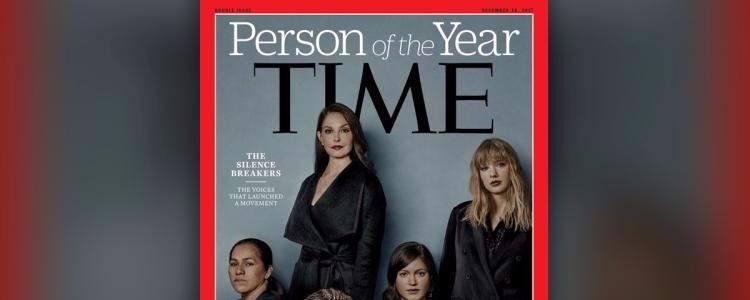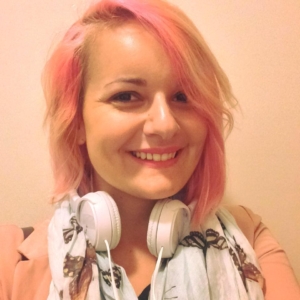What Eating Disorders Activists Can Learn From TIME Magazine’s “Silence Breakers”
This morning, I checked my phone to find a flurry of excited Facebook posts about TIME Magazine’s Person of the Year, the #MeToo movement against sexual harassment and assault. The magazine featured a group of women and men crucial to the movement, whom it dubbed “The Silence Breakers.”
While many have pointed out that the cover problematically does not feature the woman of color, Tarana Burke, who started the #MeToo movement a decade ago (though she is featured within the pages), the issue serves as a testament to an important cultural shift. For the first time in history, survivors are coming forward and sharing their experiences with sexual violence—and the public is listening and believing.
Many of these survivors—a group that includes hourly workers, reporters, and celebrities—have chosen to share their stories with the world in a prominent issue by a major publication. Featured on the issue’s cover are strawberry picker Isabel Pascual, lobbyist Adama Iwu, former Uber engineer Susan Fowler, actress Ashley Judd, and pop star Taylor Swift. These survivors are outspoken. They are fearless. They are inspiring.
We already know that there is a proven link between sexual violence and eating disorders. According to RAINN, 1 in 6 American women and 1 in 33 American men have been victims of attempted or completed rape in their lifetimes. Additionally, sexual trauma may serve as a catalyst for developing an eating disorder. Trauma expert Timothy Brewerton reported that women who report sexual trauma exhibit higher rates of both PTSD and eating disorders.
We cannot remain silent as so many of us suffer.
I hope that “The Silence Breakers” will inspire you to be outspoken about the things you care about, including eating disorders. Although 30 million people will struggle with an eating disorder at some point in their lives, there continue to be a number of misconceptions surrounding these deadly mental illnesses in a culture that remains fixated on size, weight, and calories.
The #MeToo movement went viral because so many of us cared enough to take action. To say “no more.”
Whether you share an article, take the time to educate yourself and others, engage in activism, or support a loved one who is struggling, your voice can make a difference. It may even start a movement.
Diana Denza is a Fordham University graduate and queer feminist. She works as NEDA’s senior communications associate.





